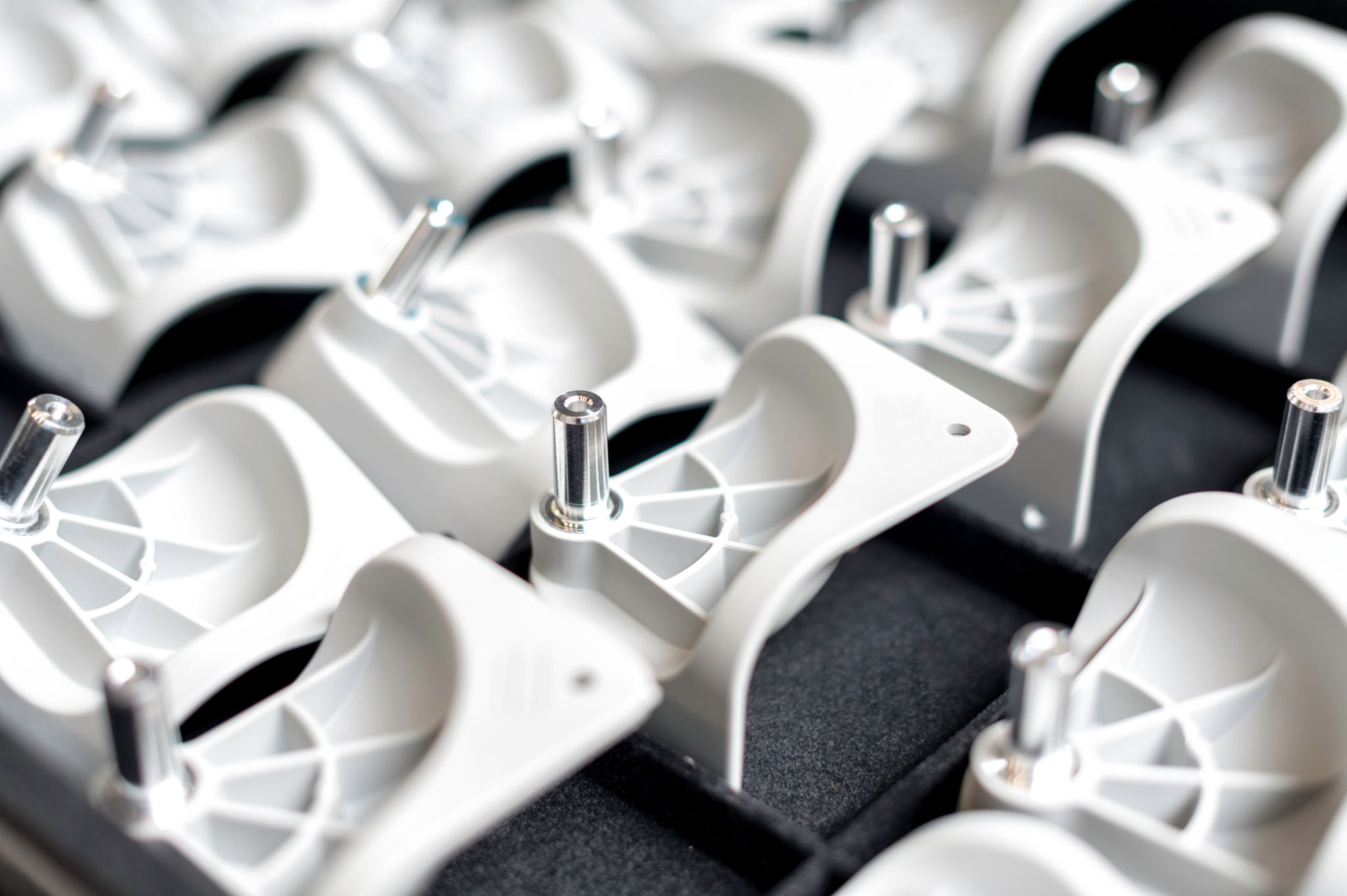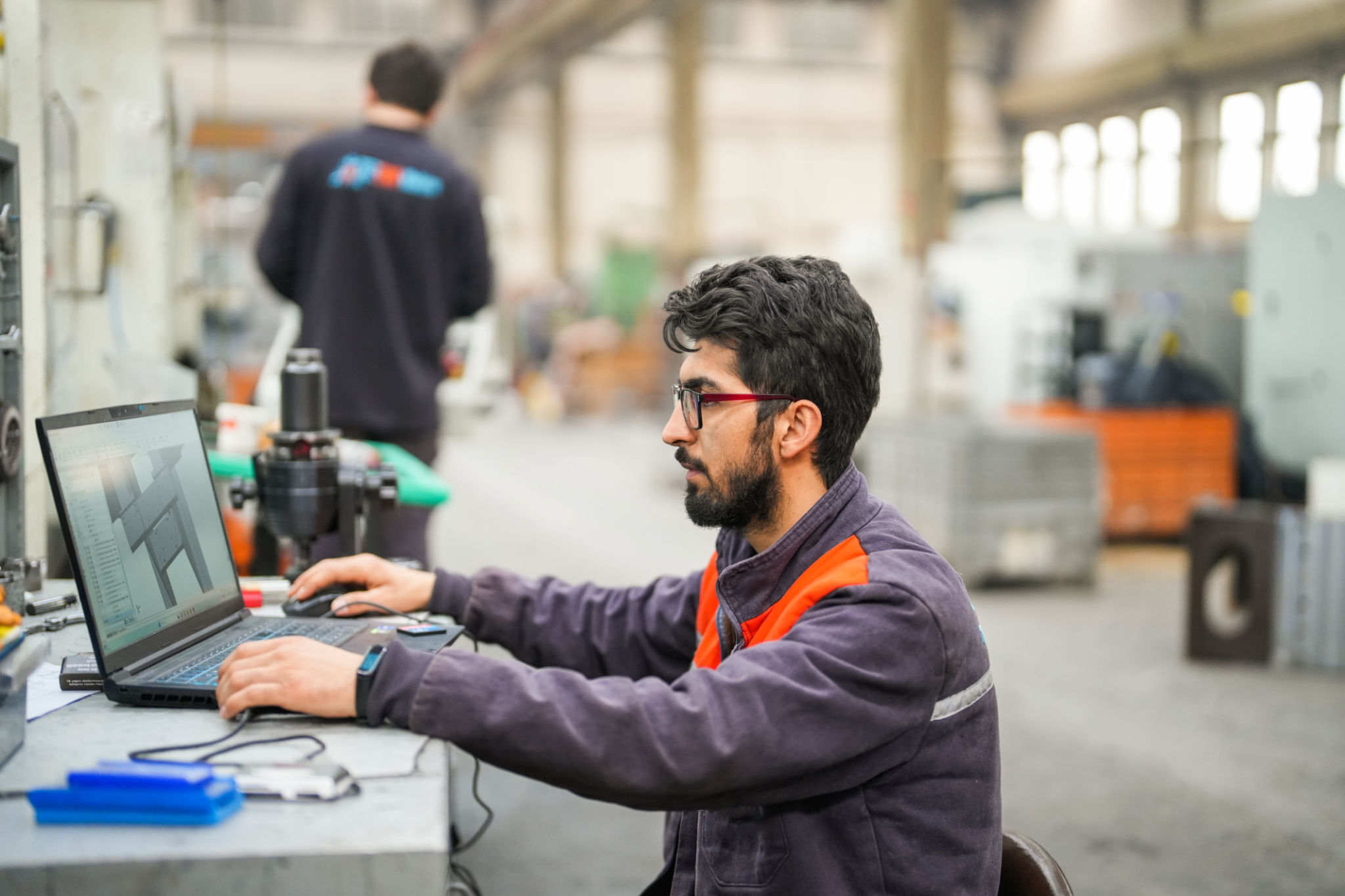Debunking Common Myths About CNC Machining Services
Understanding CNC Machining Services
CNC machining services have become an integral part of modern manufacturing. Despite their growing popularity, there are still many misconceptions about how they function and the benefits they can provide. In this post, we'll debunk some of the most common myths surrounding CNC machining services.

Myth 1: CNC Machining is Too Expensive
One prevalent myth is that CNC machining is prohibitively expensive, making it unsuitable for small businesses or low-volume production. While CNC machining does require an initial investment in technology and setup, it often results in significant cost savings in the long run. These savings come from the precision and efficiency of the process, reducing waste and the need for rework.
Moreover, the automation in CNC machining allows for consistent quality and faster production times, which can offset the initial costs. This efficiency makes it a viable option for businesses of all sizes, particularly as the technology becomes more accessible and affordable.
Myth 2: CNC Machining is Only for Large Scale Production
Another common misconception is that CNC machining is only suitable for large-scale production runs. In reality, CNC machining is highly versatile and can handle small and medium-sized production as well. The technology's flexibility allows for rapid prototyping and small batch production with the same level of precision and consistency as larger runs.

This capability is particularly beneficial for startups or companies looking to produce custom parts without committing to large quantities. As such, CNC machining can cater to a range of production needs, from single items to thousands of units.
Myth 3: CNC Machines Can Only Work with Metals
Some people believe that CNC machining is limited to metalworking. However, CNC machines are capable of working with a wide variety of materials beyond just metals. These include plastics, composites, wood, foam, and even glass. The adaptability of CNC machines to different materials makes them incredibly versatile for various industries.
The choice of material often depends on the application requirements, such as strength, weight, or thermal resistance. This flexibility allows manufacturers to produce components that meet specific needs with high precision.

Myth 4: CNC Machining Lacks Precision
It's a misconception that CNC machining cannot match the precision of handcrafted parts. In truth, CNC machines are designed to perform high-precision tasks with extreme accuracy. They are capable of producing complex geometries with tight tolerances, often exceeding what is achievable by manual methods.
The computer-controlled nature of CNC machines ensures repeatability, making them ideal for producing consistent and precise parts across multiple production runs. This precision is critical in industries such as aerospace and medical devices, where even minor errors can have significant consequences.
Myth 5: CNC Machining is Difficult to Program
Some believe that programming CNC machines is overly complicated and requires extensive technical expertise. While it's true that CNC programming involves some level of skill, modern advancements have made it more accessible. User-friendly software and intuitive interfaces have simplified the process significantly.

Additionally, many CNC service providers offer comprehensive support and expertise to assist clients in optimizing their designs for production. This collaboration helps ensure that even those new to CNC machining can effectively utilize its capabilities for their projects.
In conclusion, understanding the realities of CNC machining services can open up new possibilities for businesses looking to enhance their manufacturing processes. By dispelling these myths, companies can leverage the full potential of CNC machining to achieve greater efficiency, precision, and cost-effectiveness.